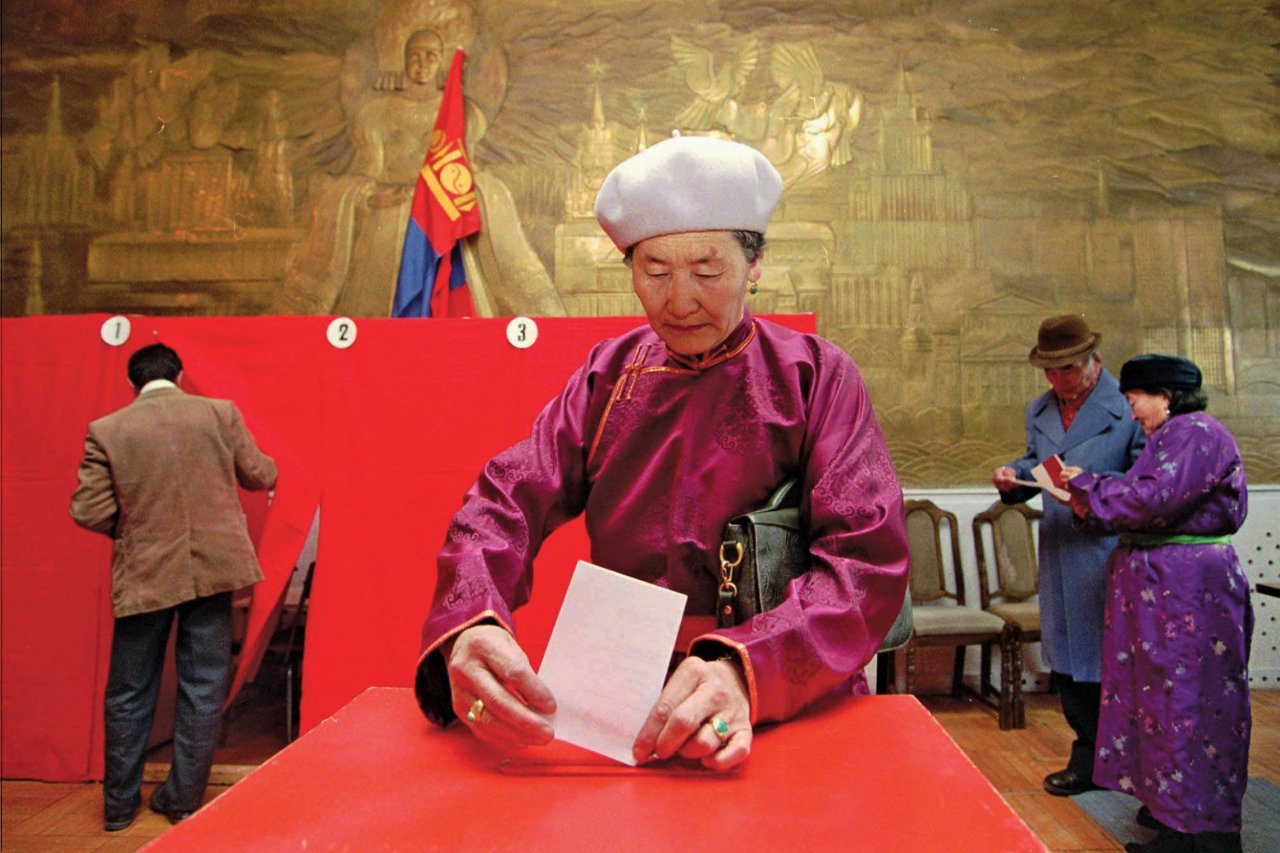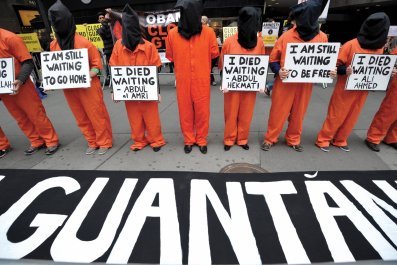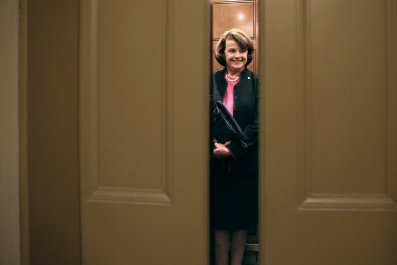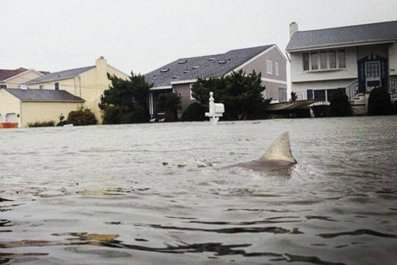DURING THE decade that anthropologist Paula Sabloff spent doing field research in Mongolia, from 1993 to 2003, she watched the ancient land of Genghis Khan begin its transition from a totalitarian Soviet satellite to something else the people called democracy. But what did that mean to Mongolians? The answer was not the old Communist assertion of a "democratic republic." (North Korea is still one of those.) But neither was it simply about voting, free speech, and the free press, as Sabloff's American students tended to believe. No, the word the Mongolians kept repeating was "dignity." Democracy meant they had the freedom to live anywhere. It meant they were in a better position to make money. It meant they had to be treated with respect. This is the critical lesson Sabloff took away from her research, as published in her recent book Does Everyone Want Democracy? But it goes well beyond Mongolia. The American failure to understand what dignity and democracy mean to the people of Afghanistan and Iraq is part of the reason the insurgencies in those countries grew and continue. When the local sense of dignity is lost to invasion, occupation, and corruption, American ideas of democracy simply are no substitute.
What Democracy Meant to Genghis Khan




























